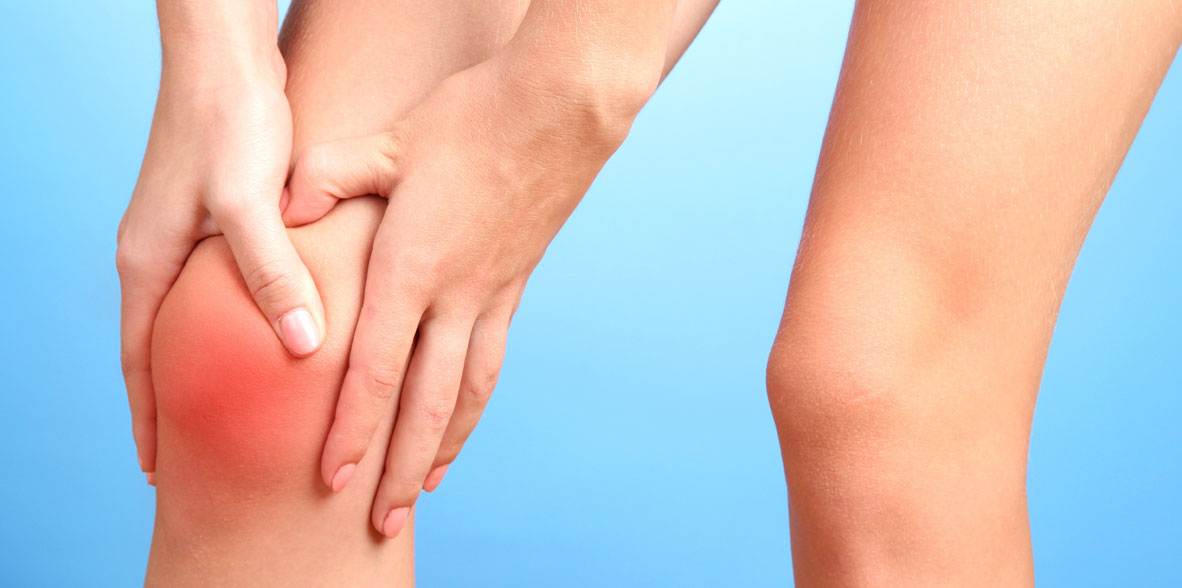

 Centro Médico Teknonen/health-centers/centro-medico-teknon
Centro Médico Teknonen/health-centers/centro-medico-teknon- Centro Médico Teknonen/health-centers/centro-medico-teknonHospital Universitari General de Catalunyaen/health-centers/hospital-universitari-general-catalunya
 Centro Médico Teknonen/health-centers/centro-medico-teknonHospital Universitari Sagrat Coren/health-centers/hospital-universitari-sagrat-cor
Centro Médico Teknonen/health-centers/centro-medico-teknonHospital Universitari Sagrat Coren/health-centers/hospital-universitari-sagrat-cor
Rheumatology is the medical specialty that is responsible for preventing, diagnosing and treating systemic musculoskeletal and autoimmune diseases. It is one of the specialties that has experienced the most advances in diagnosis and treatment in recent years.
The rheumatologist is the medical specialist in the diagnosis and treatment of musculoskeletal and systemic autoimmune diseases.
Therefore, the rheumatologist is specialized in treating a set of diverse and complex diseases that affect the musculoskeletal system, but that can also affect other organs and tissues such as the skin, eyes, and nervous system, among others.
Osteoarthritis is a rheumatic disease that damages the articular cartilage.
The main symptoms are pain and limited joint function. They can be added: rigidity, crepitus, swelling, restriction of the range of joint movement, joint instability or muscle atrophy, depending on the case.
Osteoporosis is a skeletal disease in which there is a decrease in bone mass density. Thus, the bones become more porous, the number and size of the cavities or cells that exist inside them increase, they are more fragile, they resist blows less well and they break more easily.
Cell therapy in osteoarthritis is a regenerative medicine approach that seeks to promote the repair and regeneration of damaged joint tissue. This type of therapy uses stem cells or progenitor cells with the aim of restoring the function and structure of joints affected by osteoarthritis.
The most common cause of shoulder pain is rotator cuff injury, also known as rotator cuff injury, is a condition that affects the muscles and tendons of the rotator cuff in the shoulder. The rotator cuff is composed of four muscles (supraspinatus, infraspinatus, teres minor and subscapularis) and their tendons, which are responsible for stabilizing and moving the shoulder.
Trochanteritis, also known as trochanteric bursitis, is an inflammation of the bursa (a fluid-filled sac that helps cushion friction between bones and soft tissues) on the outside of the thigh near the hip joint. The etiology or cause of trochanteritis can be varied and is not always known with certainty, but some of the possible causes are.
Gluteal tendinopathy, also known as trochanteric pain syndrome, is a condition that causes pain on the outside of the hip and thigh due to injury or degeneration of the gluteus medius or gluteus minimus tendon, which inserts into the greater trochanter of the femur. This condition can occur in people of all ages and activity levels, but is more common in older women and high-impact athletes.



































